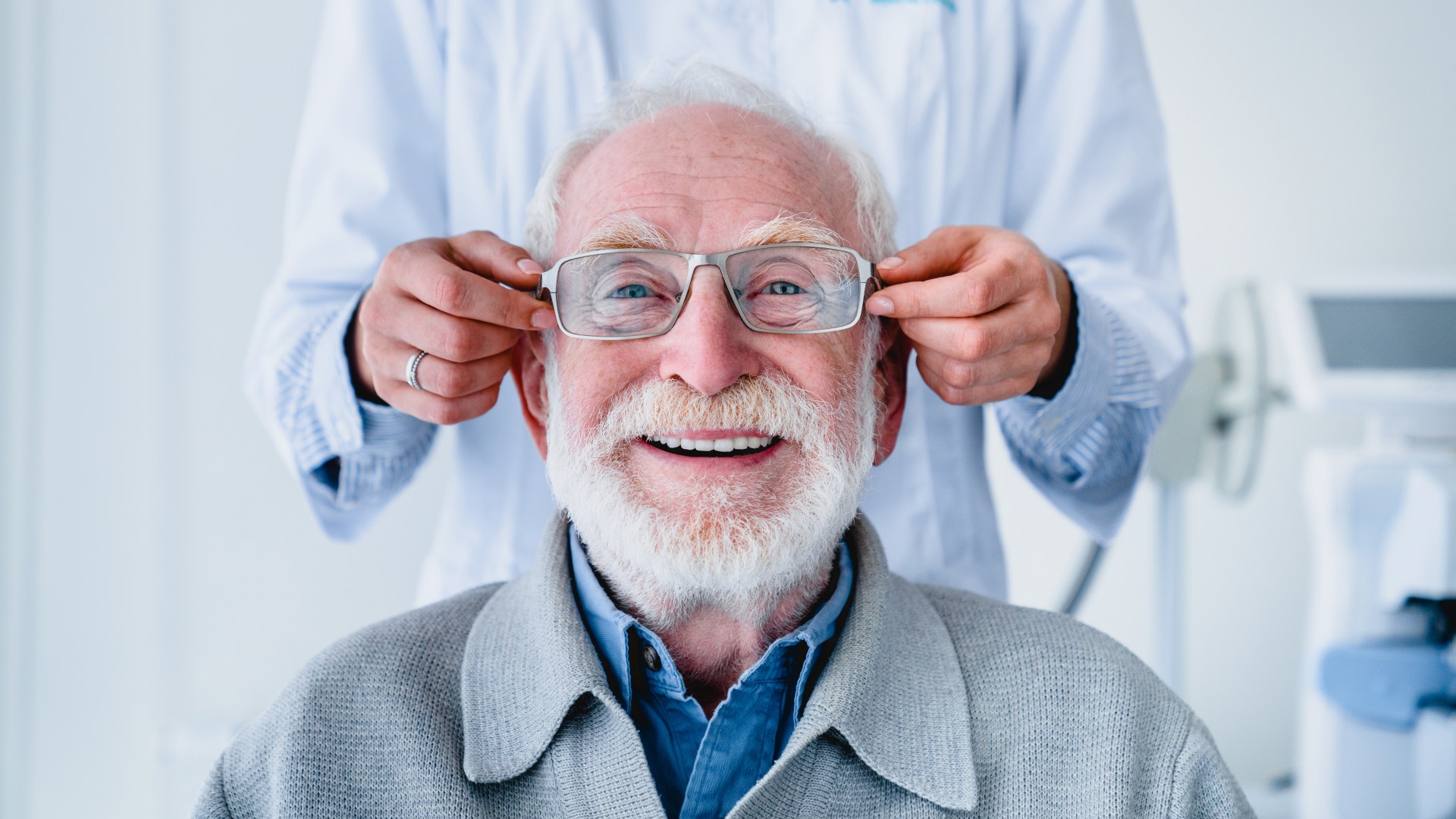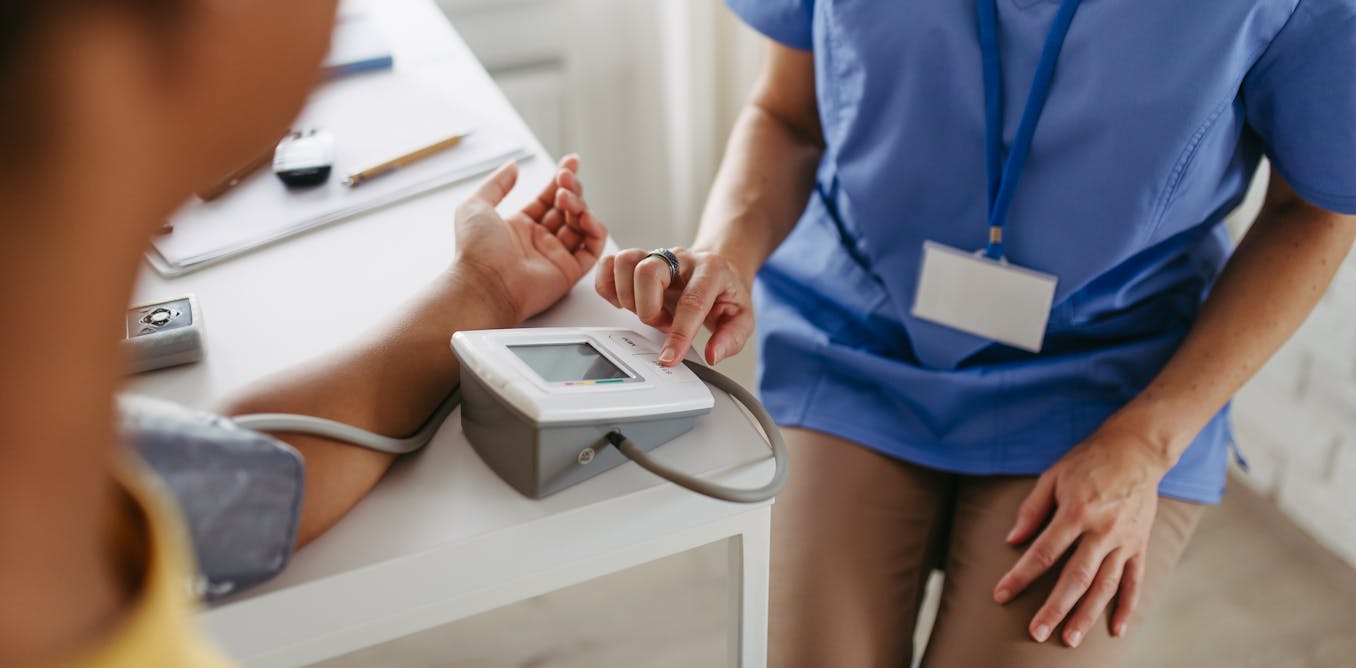WEARING glasses could fend off dementia for tens of thousands of people, a study suggests.
Researchers at Johns Hopkins University in the US estimate unfixed vision problems play a role in up to one in five cases – 19 per cent.
1
About a million Brits have dementia and the disease is on the rise as more of us live to very old age.
Around half of cases are preventable, with wearing hearing aids and glasses crucial for people who need them.
Failing senses let the brain waste away as it receives less information, and can add to symptoms as effort is diverted from memory or thinking to trying to hear or see.
The new study, in the journal JAMA Opthalmology, used medical records from 2,767 over-70s in the USA and found more dementia in people with uncorrected sight trouble.
Most sight problems can be corrected
Study author Jason Smith said: “Since vision impairments are common among older adults, the proportion of dementia attributable to them might be sizable.
“Importantly, more than 90 per cent of vision impairments are preventable or correctable.”
Many people with failing sight can slow deterioration or fix it with glasses, contacts, surgery or medication.
About one in 10 over-50s in the UK are thought to have uncorrected vision problems.
Previous research estimated that eyesight only accounts for fewer than five per cent of cases but the new estimate increased the figure to between five and 19 per cent.
Smith added: “Addressing modifiable risk factors is a priority for dementia prevention.”
Dr Julia Dudley, head of research at Alzheimer’s Research UK, said: “Researchers still don’t understand exactly how uncorrected vision problems and an increased risk of dementia are related.
“This study suggests the ability to distinguish shade and colour was found to be a better predictor of dementia than just measuring the ability to view objects at a distance.
“More research is needed and it’s important to visit the optician regularly.”
14 WAYS TO REDUCE DEMENTIA RISK
THE 14 recommendations laid out by the Lancet Commission 2024 are:
- Good education and mental stimulation in adulthood
- Hearing aids for hearing loss
- Treatment for depression
- Head protection in contact sports
- Regular exercise
- No smoking
- Reduce high blood pressure
- Reduce high cholesterol
- Maintain a healthy body weight
- Reduce high alcohol consumption
- Tackle social isolation in old age
- Testing and glasses for vision loss
- Prevent diabetes
- Reduce air pollution




